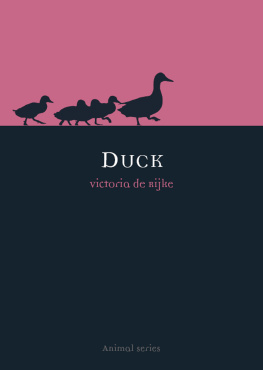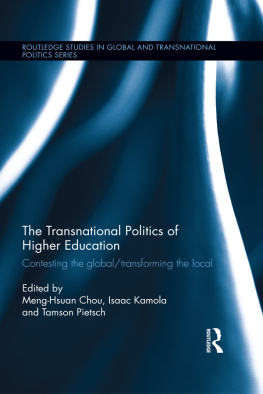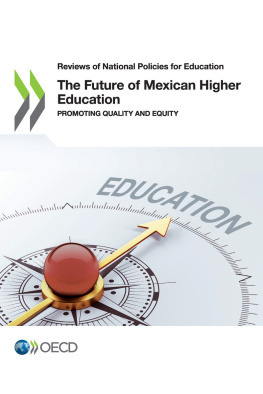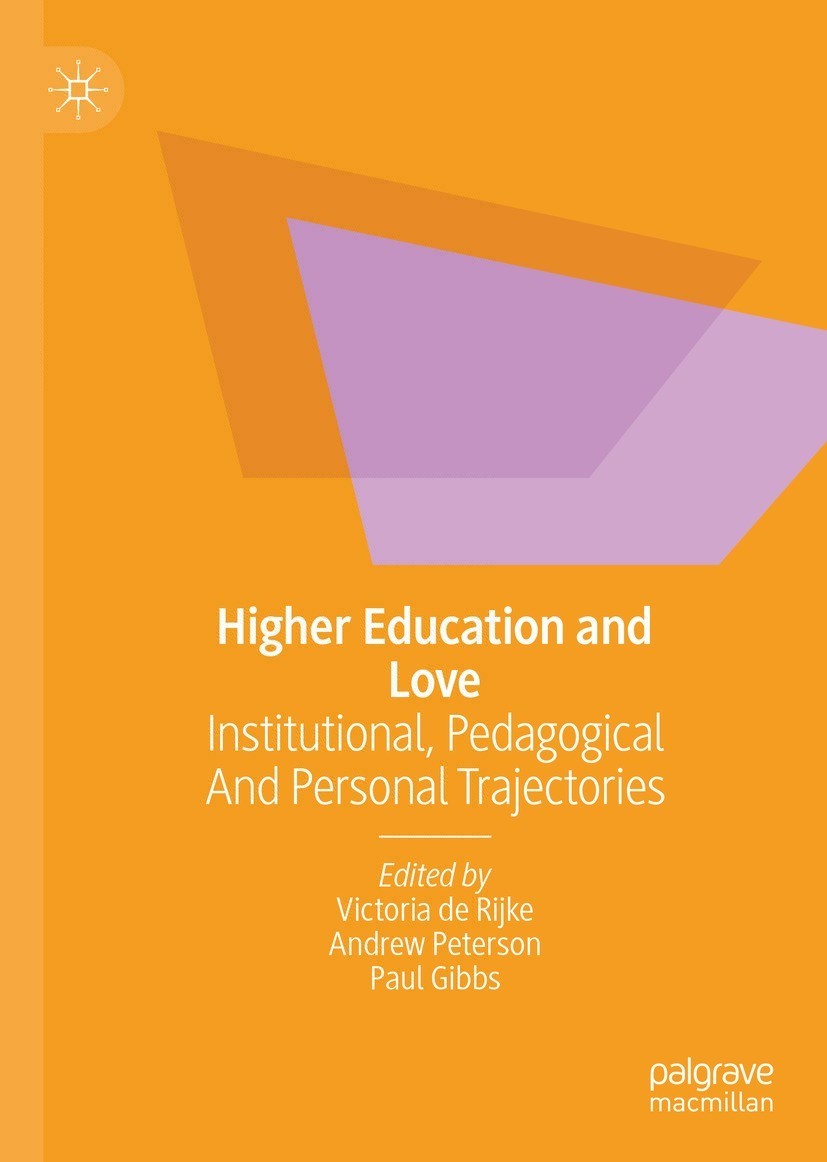Victoria De Rijke - Higher Education and Love: Institutional, Pedagogical and Personal Trajectories
Here you can read online Victoria De Rijke - Higher Education and Love: Institutional, Pedagogical and Personal Trajectories full text of the book (entire story) in english for free. Download pdf and epub, get meaning, cover and reviews about this ebook. year: 2022, publisher: Springer International Publishing, genre: Religion. Description of the work, (preface) as well as reviews are available. Best literature library LitArk.com created for fans of good reading and offers a wide selection of genres:
Romance novel
Science fiction
Adventure
Detective
Science
History
Home and family
Prose
Art
Politics
Computer
Non-fiction
Religion
Business
Children
Humor
Choose a favorite category and find really read worthwhile books. Enjoy immersion in the world of imagination, feel the emotions of the characters or learn something new for yourself, make an fascinating discovery.
- Book:Higher Education and Love: Institutional, Pedagogical and Personal Trajectories
- Author:
- Publisher:Springer International Publishing
- Genre:
- Year:2022
- Rating:5 / 5
- Favourites:Add to favourites
- Your mark:
Higher Education and Love: Institutional, Pedagogical and Personal Trajectories: summary, description and annotation
We offer to read an annotation, description, summary or preface (depends on what the author of the book "Higher Education and Love: Institutional, Pedagogical and Personal Trajectories" wrote himself). If you haven't found the necessary information about the book — write in the comments, we will try to find it.
This book explicitly unites the concepts of higher education and love to examine how these concepts are mutually compatible. As the world of higher education moves towards the metrics of value, and the worth of knowledge becomes more valued in its use rather than its discovery, a crisis brews. If higher education is to contribute to the wellbeing of the self and of others, then the institution needs to be radically reviewed to see if, and how, love contributes to higher education within and beyond its walls. This book addresses the core question of what would the university might be like, today and into the future, if the timeless notion of love was the basis of its educative process, notwithstanding the material artefacts the university helps to create, but also as a way of framing approaches to higher education.
Victoria De Rijke: author's other books
Who wrote Higher Education and Love: Institutional, Pedagogical and Personal Trajectories? Find out the surname, the name of the author of the book and a list of all author's works by series.









